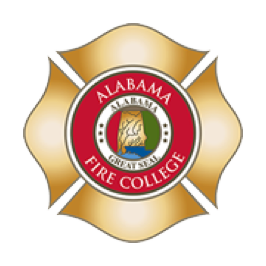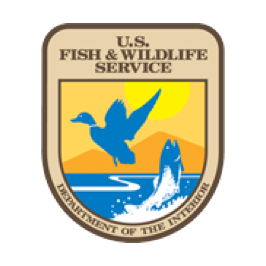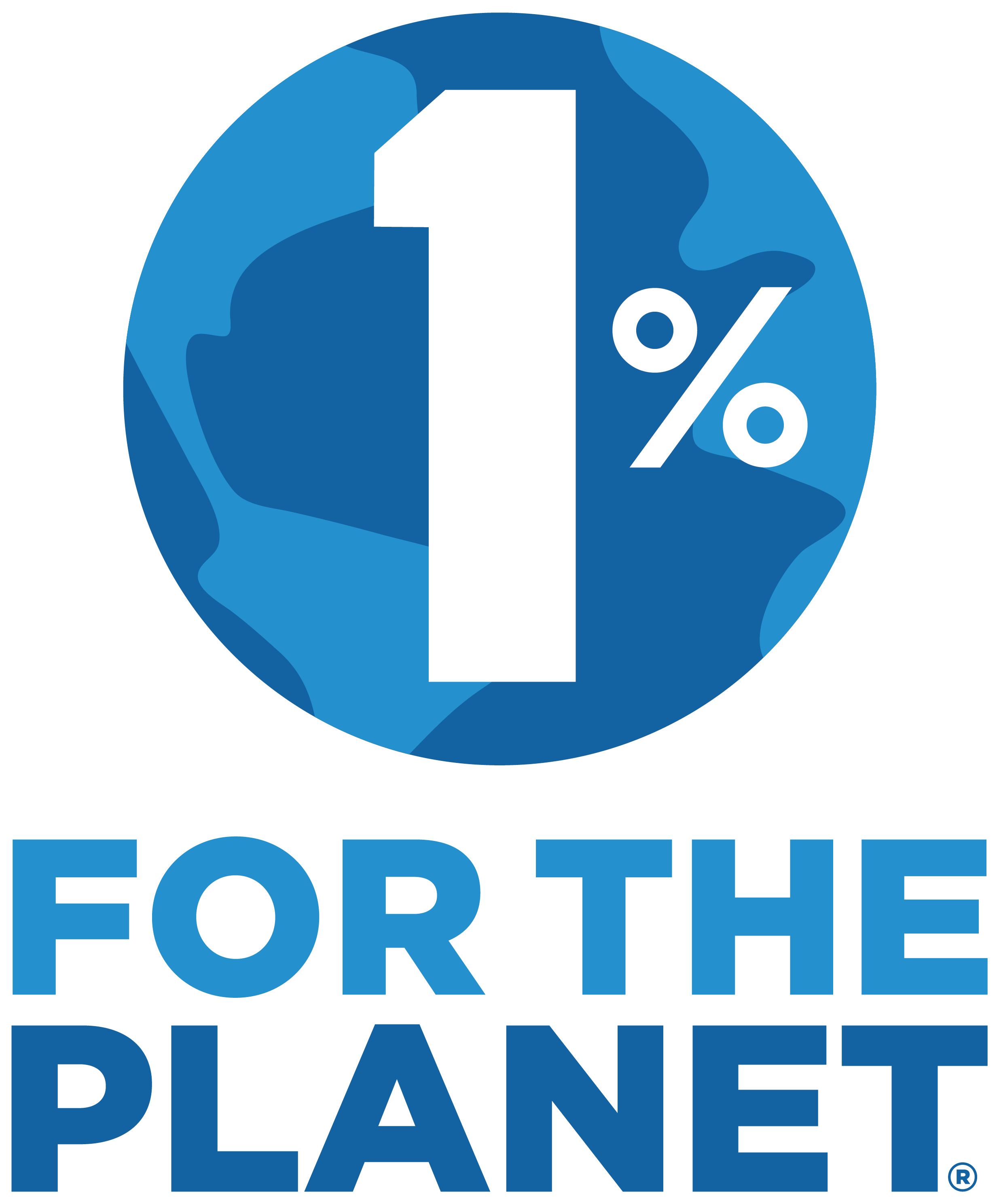National Environmental Information Exchange Network Grant Program
National Environmental Information Exchange Network Grant Program
The EPA Exchange Network Grant Program is soliciting project applications to support the Environmental Information Exchange Network (EN) to:
- Facilitate sharing of environmental data, especially through shared and reusable services.
- Reduce burden and avoid costs for co-regulators and the regulated community.
- Streamline data collection and exchanges to improve its timeliness for decision making.
- Increase the quality and access to environmental data through discovery, publishing, outbound and analytical services so it is more useful to environmental managers.
- Increase data and IT management capabilities needed to fully participate in the EN.
Applications are due Weds, May 22, 2024.
White Nose Syndrome Grants to States and Tribes
White Nose Syndrome Grants to States and Tribes
White-nose syndrome (WNS) is a disease of hibernating bats caused by the invasive fungus Pseudogymnoascus destructans (Pd). WNS is confirmed in 12 bat species in North America, including three that are federally listed as threatened or endangered and one that is proposed to be listed. The U.S. Fish and Wildlife Service (Service) is offering financial assistance to wildlife and natural resource management agencies and departments of states, the District of Columbia, and federally-recognized Native American Tribes for efforts related to the management of WNS. The goal of this funding opportunity is to help our State and Tribal partners fulfill information needs, implement management actions for WNS and susceptible bat species, and actively engage in the National Response to WNS. Supported activities will include monitoring bat populations, implementing conservation actions for bats, supporting scientific information gathering, training personnel, managing WNS and the causative fungus, and maintaining expertise in bat conservation and management.
Applications are due Weds, May 8, 2024.
First Nations Development Institute (FNDI)
Advancing Tribal Nature-Based Solutions Grant
Tribes and Native communities are on the front lines of climate change, experiencing extreme weather, rising sea levels, extended drought, warming temperatures, and melting permafrost… To support climate action that addresses adaptation and disaster preparation, First Nations Development Institute established the “Advancing Tribal Nature-Based Solutions” project – designed to provide tribes and Native nonprofits with resources to support climate action that addresses adaptation and disaster preparation (e.g., wildfires, flooding, drought) through the application of nature-based solutions based on Native knowledge.
Nature-based solutions rely on animals, plants, and the environment to protect ecosystems and support human well-being and local biodiversity. Examples include:
- Clam bed restoration to address flooding and beach erosion
- Reintroduction of ecocultural plants to prevent erosion
- Beaver restoration to promote water retention and carbon sequestration
- Cultural burning to prevent sustain biodiversity
- Grass farming to address desertification
First Nations will award 6 grants up to $200,000 each. Applications are due Wednesday, May 22, 2024.
USDA Forest Service Inflation Reduction Act Forest Landowner Support: Tribal Access to Emerging Private Markets for Climate Mitigation and Forest Resilience
USDA Forest Service Inflation Reduction Act Forest Landowner Support: Tribal Access to Emerging Private Markets for Climate Mitigation and Forest Resilience
This forecasted funding opportunity will be the second in an anticipated series of Forest Landowner Support programming. Forest Landowner Support programs are funded by Inflation Reduction Act (IRA) provisions (Public Law No: 117-169. Subtitle D, Sec. 23002(a), Competitive Grants for Non-Federal Forest Landowners). These programs fall under the authorities of the USDA Forest Service’s existing Landscape Scale Restoration Program, as authorized under Section 13A of the Cooperative Forestry Assistance Act of 1978 (16 U.S.C. 2109a). This forecasted funding opportunity will solicit proposals for IRA provision Subtitle D, Sec. 23002 (a)(2) and (a)(3) which provide the USDA Forest Service with funding to support the participation of underserved and small-acreage forest landowners in emerging private markets for climate mitigation or forest resilience.
Applications are due Weds, August 21, 2024.
National Fish and Wildlife Foundation (NFWF)
America the Beautiful Challenge
- Implementation Projects: $1 million to $5 million
- Planning Projects: $200,000 to $2 million
- Sentinel Landscape Grants: $250,000 to $1.5 million
- National Forest Grants: $250,000 to $1.5 million
- Private Forests, Rangeland and Farmland Grants: $200,000 to $500,000
- MATCH IS COVERED for Tribal Nation applicants
- Competitive Proposals will address two or more of the following ATBC Program Priorities:
- Benefit At-Risk Fish, Wildlife, and Plant Species
- Expand Habitat Connectivity
- Deliver Conservation and Restoration Across Jurisdictions
- Provide a Range of Ecosystem Services
- Strengthen Ecosystem and Community Resilience
- Expand Public and Community Access to Nature
- Engage Local Communities
- Support Tribally Led Conservation and Restoration Priorities
- Contribute to Local or Tribal Economies
- Contribute to Workforce Development
- Advance the Restoration and Resiliency Framework and Keystone Initiatives
- Advance Sentinel Landscape Partnership Priorities
Applicant Webinars: We will be hosting an applicant webinar series to assist Tribal Nations with the ATBC application process. See events page here.
- Webinar 1: Introduction & Q&A on March 7 at 11am MST/1pm EST
- Webinar 2: Pre-proposal Components on March 14 at 11am MST/1pm EST
- Webinar 3: Easygrants System on March 21 at 11am MST/1pm EST
- Webinar 4: Proposal Finalizing and Formatting & Final Q&A on March 28 at 11am MST/1pm EST
Important Dates:
- Pre-Proposal Due Date: Thursday, April 4, 2024, 11:59 ET
- Review Period: April – May 2024
- Full Proposal (by invitation) Due Date: Tuesday, July 16, 2024, 11:59 ET
- Review Period: July – November 2024
- Awards Announced: November 2024
Download the RFP: www.nfwf.org/programs/america-beautiful-challenge/americas-ecosystem-restoration-initiative-america-beautiful-challenge-2024-request-proposals?rfp
Proposals Due June 21, 2024
The TWG Program provides opportunities for federally recognized Tribes to engage in fish and wildlife conservation efforts on their lands, many of which are located adjacent to DOI-managed lands. Many of the TWG Program-funded project activities increase fish and wildlife populations, allowing for hunting and fishing opportunities on and off Tribal lands. Additionally, the TWG Program funds project activities that align and assist the Service with Endangered Species Act (ESA) activities supporting downlisting, delisting, and preventing new species listings under the ESA.
Eligible projects include those that initiate, develop, or implement activities or programs that benefit wildlife and their habitat, including species of Native American cultural or traditional importance and species that are not hunted or fished. Activities may include, but are not limited to:
- Planning for conservation of fish and wildlife, and their habitats
- Conservation management actions for fish and wildlife, and their habitats
- Field and laboratory research related to fish and wildlife resources
- Natural history studies
- Fish passages
- Habitat mapping or evaluation
- Field surveys and population monitoring
- Restoration of habitat
- Management of invasive species
- Public education relevant to the proposed project
This year, an estimated 50-100 proposals are expected to be received and about 20-40 awards are expected to be issued.
Total Funding: $6.2 million estimated
Minimum Award: $10,000
Maximum Award: $200,000
No Match Required
TWG Opportunity Web Page
Download Program Description
Link to schedule Technical Assistance on this opportunity with NAFWS Staff
Pre-Proposals Due April 10, 2024
National Fish and Wildlife Foundation (NFWF)’s National Coastal Resilience Fund (NCRF) Opportunity, will award over $140 million in funding in 2024! This opportunity is open to almost all entity types, including Tribes, (federally and non-federally recognized), organizations, for- and non-profits, states, educational institutions. It has NO MATCH REQUIREMENTS! NFWF expects awards to range between $100,000-$10,000,000.
NFWF will make investments in planning, design, and implementation of natural and nature-based solutions. The goal is to enhance protection for coastal communities from the impacts of storms, floods, and other natural coastal hazards and to improve habitats for fish and wildlife. NFWF will award approximately $140 million in grants to create and restore natural systems to increase protection for communities from current and future coastal hazards and improve habitats for fish and wildlife species.
Opportunity Web Page: National Coastal Resilience Fund 2024 Request for Proposals | NFWF
Download Program Description
Link to schedule Technical Assistance on this opportunity with NAFWS Staff
As part of the Bipartisan Infrastructure Law authorization for ecosystem restoration, the Department of the Interior invested $1 million to establish a pilot Rapid Response Fund for Aquatic Invasive Species with an additional $1 million envisioned each year 2024 through 2026 as part of advancing a National Early Detection and Rapid Response Framework. The Rapid Response Fund is administered within the existing authorities of the U.S. Fish and Wildlife Service’s Fish and Aquatic Conservation program and coordinated through the ANS Task Force. In July 2023, the ANS Task Force approved The Model Process: Rapid Response Fund for Aquatic Invasive Species that outlines a structure and process for operation of the Fund.
Please note: To streamline the application process, the Notice of Funding Opportunity has been modified to accept proposals on a rolling basis, or until the Rapid Response Fund is depleted. The deadline for proposals is July 15, 2024 yet submitted proposals will be evaluated and awarded on a quarterly basis (as funds allow) follow the timeline below:
Proposals submitted from November 15 – January 15 will be evaluated with an anticipated award date of March 1.
Proposals submitted from January 16 – April 15 will be evaluated with an anticipated award date of June 1.
Proposals submitted from April 16 – July 15 will be evaluated with an anticipated award date of September 1.
General information about the Fund and a list of Frequently Asked Questions can be found HERE. Additional questions may be directed to Susan Pasko, ANS Task Force Executive Secretary, at [email protected].
This funding invests in programs, initiatives and projects aimed at,
- Conserving Wildlife and Habitat
- Connecting New Audiences to the Outdoors
- Advocating for Access and Sportsmen’s Rights
- Supporting Military and Veterans
- Strengthening Communities in the Missouri Ozarks
Apply all year round!






